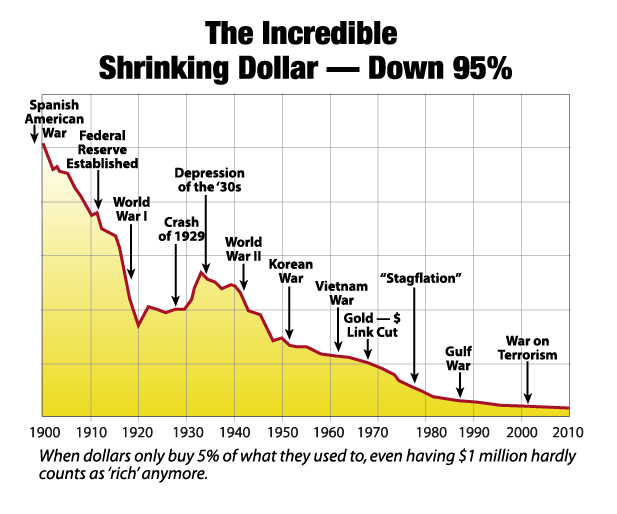No, they cannot...Google "usury".The issuance of credit is controlled by the monopoly of the Federal Reserve, which sets the discount and overnight interest rates, by which banks use as a guide to set their rates.
That's not true. Any private entity may issue credit at whatever interest rate the free market will provide them.
After that, who is it that controls the floor by which that entity would be foolhardy to lend below, if they wished to stay in business.?...The Fed.
Putting things in a safe deposit box is different from having the money in deposit for banks to hold and post as assets.And yes, the banks would basically be big vaults, unless given permission by their depositors or directed by statute to lend the money on a 1:1 basis.
You can already do that. If you just want the bank to store your currency, rent a safety deposit box. If you want the bank to lend out 100% of your money, buy a CD. I fail to see why you wish the remove the freedom of banks to have ordinary checking and savings accounts.
There would be no freedom removed from banks, re: creating savings or checking accounts.



